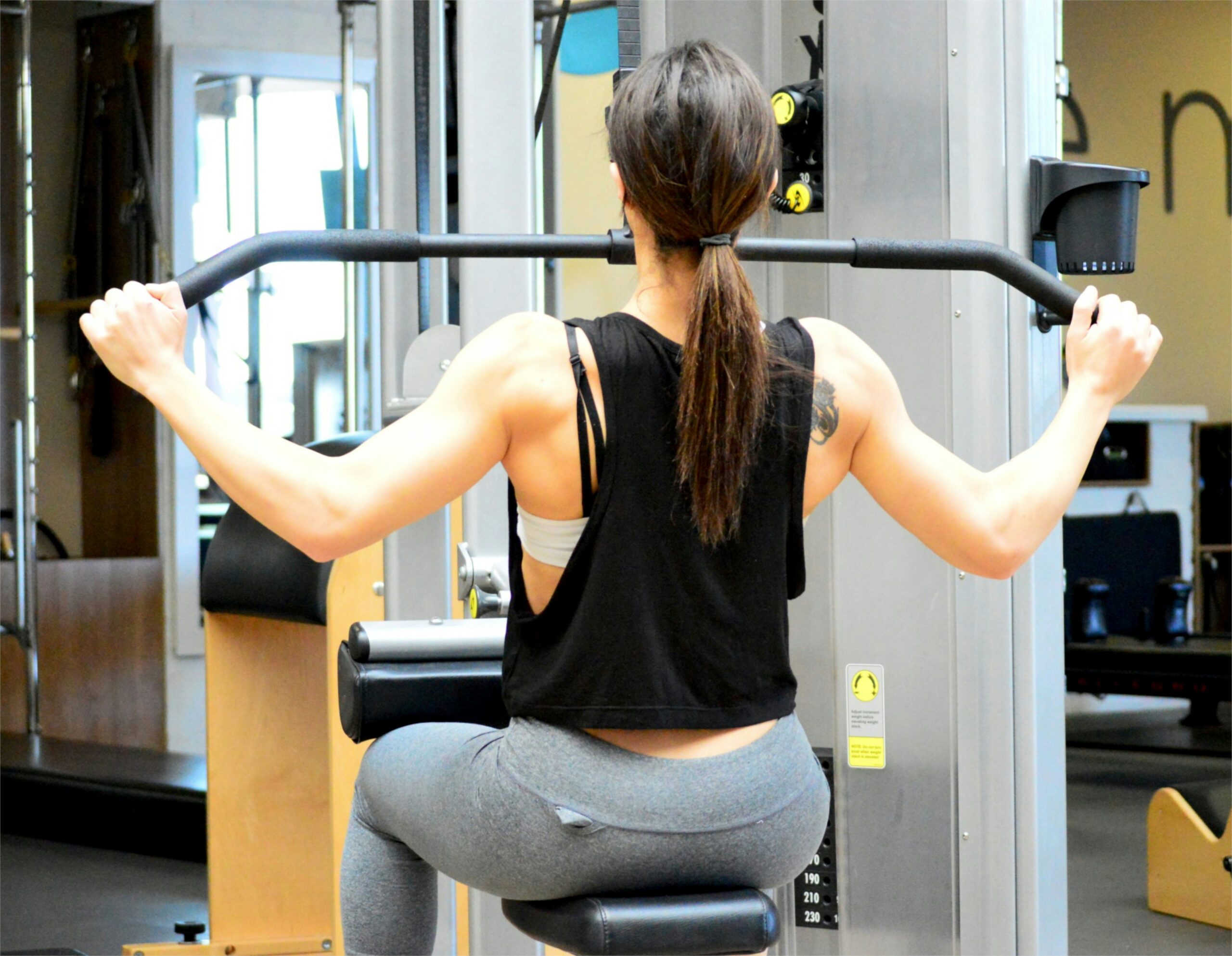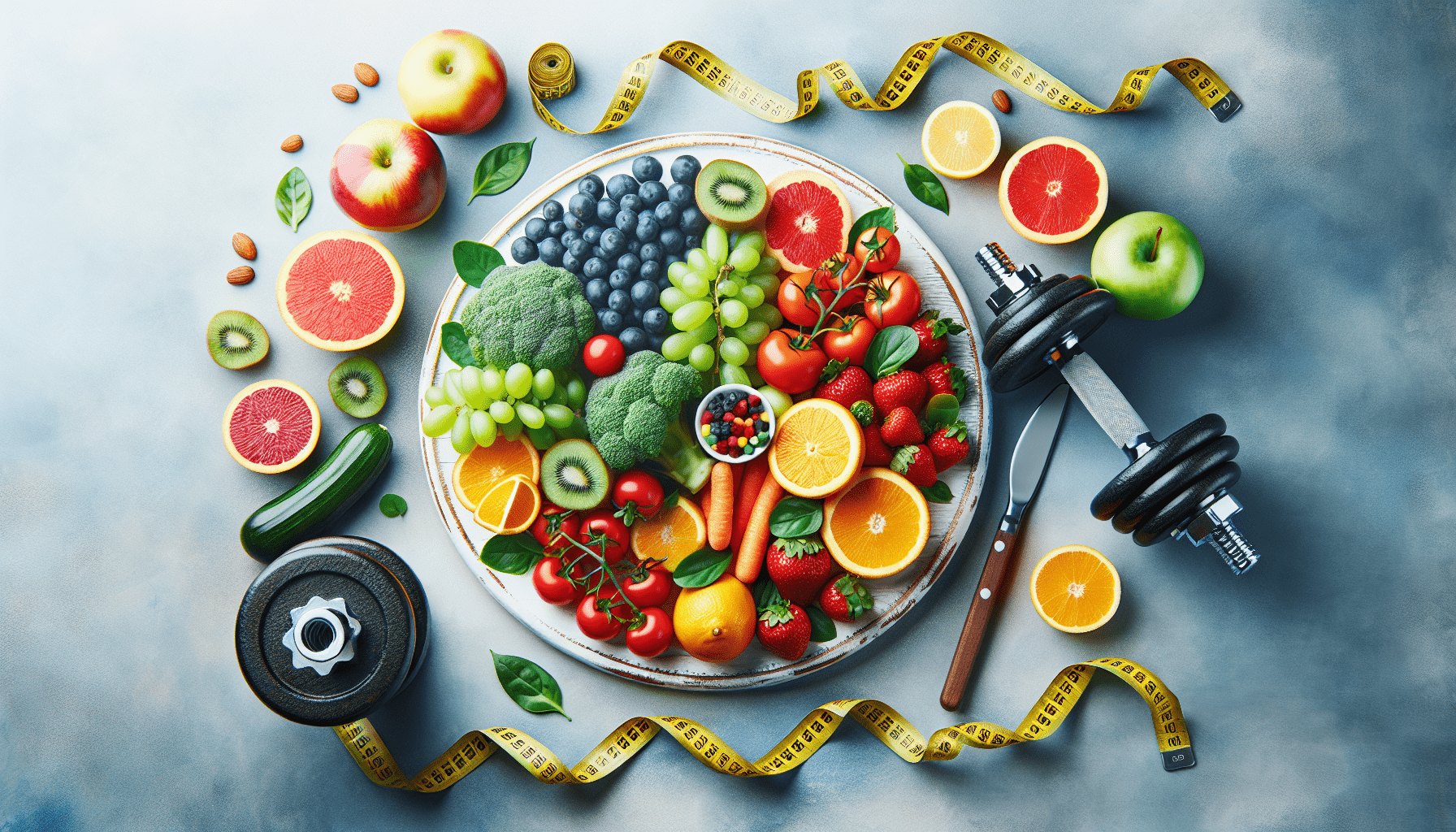Defining fat loss and weight loss
Fat loss and weight loss are two terms that are often used interchangeably, but they refer to different things. While they both involve losing body mass, there are important distinctions between the two concepts. Fat loss refers specifically to losing fat tissue in the body, whereas weight loss can include the loss of muscle mass or water weight as well. When someone loses weight, it’s possible for them to lose muscle along with fat if they aren’t engaging in strength training exercises or consuming enough protein.
This can result in a slower metabolism and make it harder for them to maintain their weight loss over time. In contrast, focusing on fat loss through a combination of diet and exercise can help preserve lean muscle mass and increase metabolism, making it easier to maintain a healthy weight long-term.Ultimately, whether you choose to prioritize fat loss or weight loss will depend on your personal goals and preferences.
Understanding the difference between the two
When it comes to achieving a healthier body, many people use the terms “fat loss” and “weight loss” interchangeably. However, there is a significant difference between the two. Understanding this difference can help you set more realistic goals for your health journey and achieve better results. Fat loss refers specifically to reducing the amount of adipose tissue (fat) in your body. This means that you want to decrease the percentage of body fat while maintaining or increasing muscle mass.
On the other hand, weight loss simply refers to reducing your overall body weight by any means necessary, which includes losing water weight or even muscle mass. While weight loss may seem like a straightforward goal, focusing solely on shedding pounds can lead to unhealthy habits such as crash dieting or excessive cardio that ultimately leads to losing muscle mass instead of fat. Additionally, simply weighing less does not necessarily mean that you are healthier.
Healthy ways to achieve fat loss and weight loss
Are you tired of trying fad diets and extreme workout routines to lose fat and weight? Achieving fat loss and weight loss can be overwhelming, but there are healthy ways to reach your goals. Firstly, it is essential to create a calorie deficit by consuming fewer calories than your body burns. This can be achieved through portion control, tracking food intake, and choosing nutrient-dense foods. In addition to controlling your diet, regular exercise is crucial for fat loss and weight loss.
Strength training helps build lean muscle mass which increases metabolism while cardiovascular exercise improves heart health and burns calories. Incorporating both forms of exercise into your routine will help you achieve the best results. Lastly, managing stress levels can also aid in achieving fat loss and weight loss goals. High levels of stress can cause an increase in cortisol hormone levels that promote fat storage around the midsection.
The role of exercise in fat loss and weight loss
Fat loss and weight loss have been hot topics in the world of health and fitness for many years. While they may seem like interchangeable terms, there is actually a significant difference between the two. Fat loss refers specifically to the reduction of body fat percentage, while weight loss encompasses any decrease in overall body weight. Exercise plays a crucial role in both fat loss and weight loss.
When we exercise, our bodies burn calories which can contribute to a calorie deficit – meaning we are burning more calories than we consume. This calorie deficit results in both fat loss and weight loss over time. However, it’s important to note that not all exercise is created equal when it comes to achieving these goals. To maximize fat loss and weight loss through exercise, it’s essential to incorporate both cardio and strength training into your routine.
The importance of a balanced diet for sustainable results

In the quest for fat loss, it’s easy to get carried away with fad diets and quick fixes. However, sustainable results can only be achieved with a balanced diet that meets your body’s nutritional requirements. A well-balanced diet not only aids in weight management but also helps maintain overall health. While calorie restriction is essential for weight loss, it’s crucial to ensure that your body gets all the necessary macronutrients and micronutrients.
A diet high in protein and fiber helps keep you feeling full while maintaining muscle mass. Incorporating healthy fats like avocados, nuts, and olive oil can help regulate cholesterol levels and improve heart health. On the other hand, a heavily processed or high sugar diet leads to spikes in blood glucose levels resulting in cravings and hunger pangs. This makes sticking to a calorie deficit challenging leading to inconsistency in your fat loss journey.
Debunking common myths about fat loss and weight loss
Fat loss and weight loss are two terms that often get used interchangeably when it comes to talking about body composition goals. However, they don’t necessarily refer to the same thing. Fat loss tends to be more specific in focusing on reducing body fat, while weight loss refers to any decrease in overall body weight. Despite this distinction, there are still many myths surrounding both fat loss and weight loss that can make achieving these goals seem confusing or impossible.
One common myth is that you need to drastically reduce your calorie intake in order to lose fat or weight. While a moderate caloric deficit can certainly help with fat and weight loss, extreme restriction can actually slow down your metabolism and lead to muscle breakdown rather than just a reduction in body fat. Another myth is that certain foods or supplements can magically melt away fat or aid in rapid weight loss.
Conclusion: Achieving your goals through a holistic approach
In conclusion, if you want to achieve your goals of fat loss and weight loss, a holistic approach is essential. This means taking into account all aspects of your lifestyle, including your nutrition, physical activity, sleep quality, stress levels and mental health. Firstly, when it comes to fat loss and weight loss, nutrition is key. Adopting a balanced diet that includes plenty of whole foods such as lean protein sources like chicken or fish and nutrient-dense vegetables will help fuel your body while supporting healthy weight management.
Secondly, physical activity also plays an important role in achieving fat loss goals. Incorporating regular exercise into your routine can help you burn calories and improve overall health. In addition to traditional forms of exercise such as cardio or strength training at the gym or fitness center; incorporating activities like hiking or dancing can also be beneficial for both physical and mental health.




